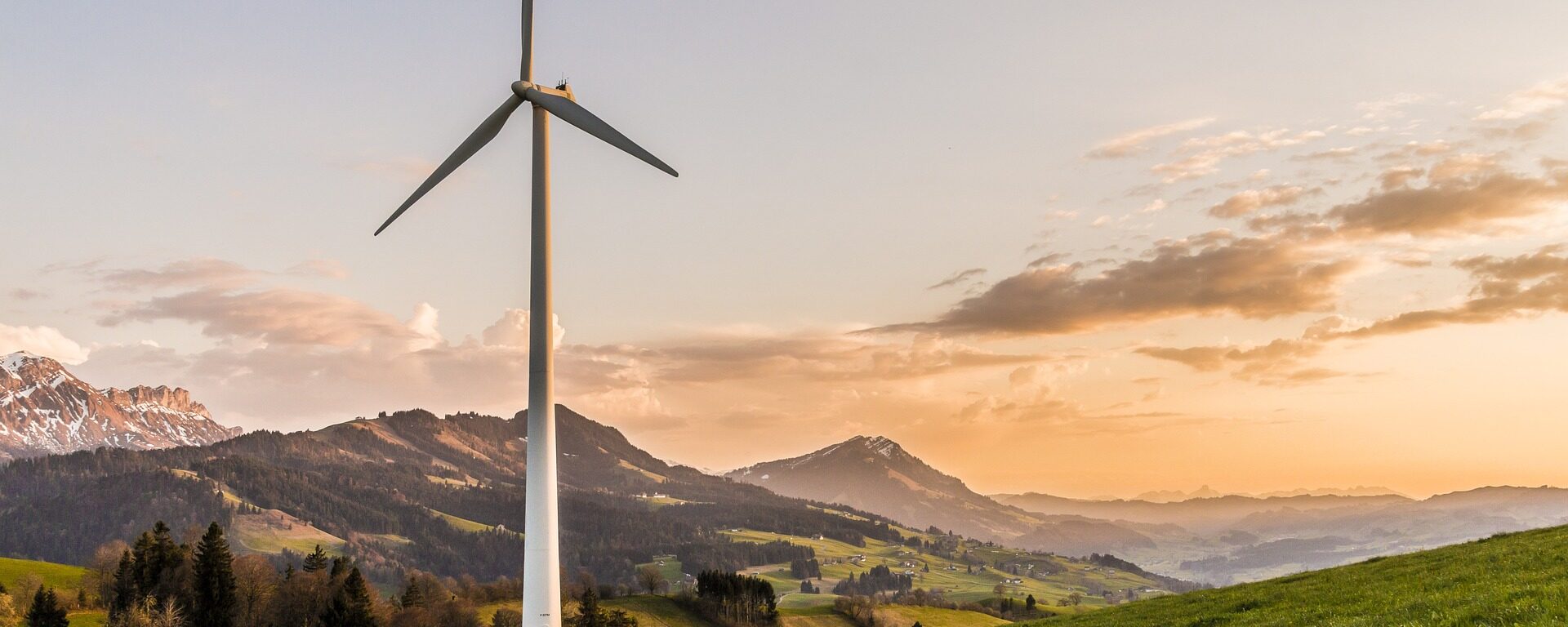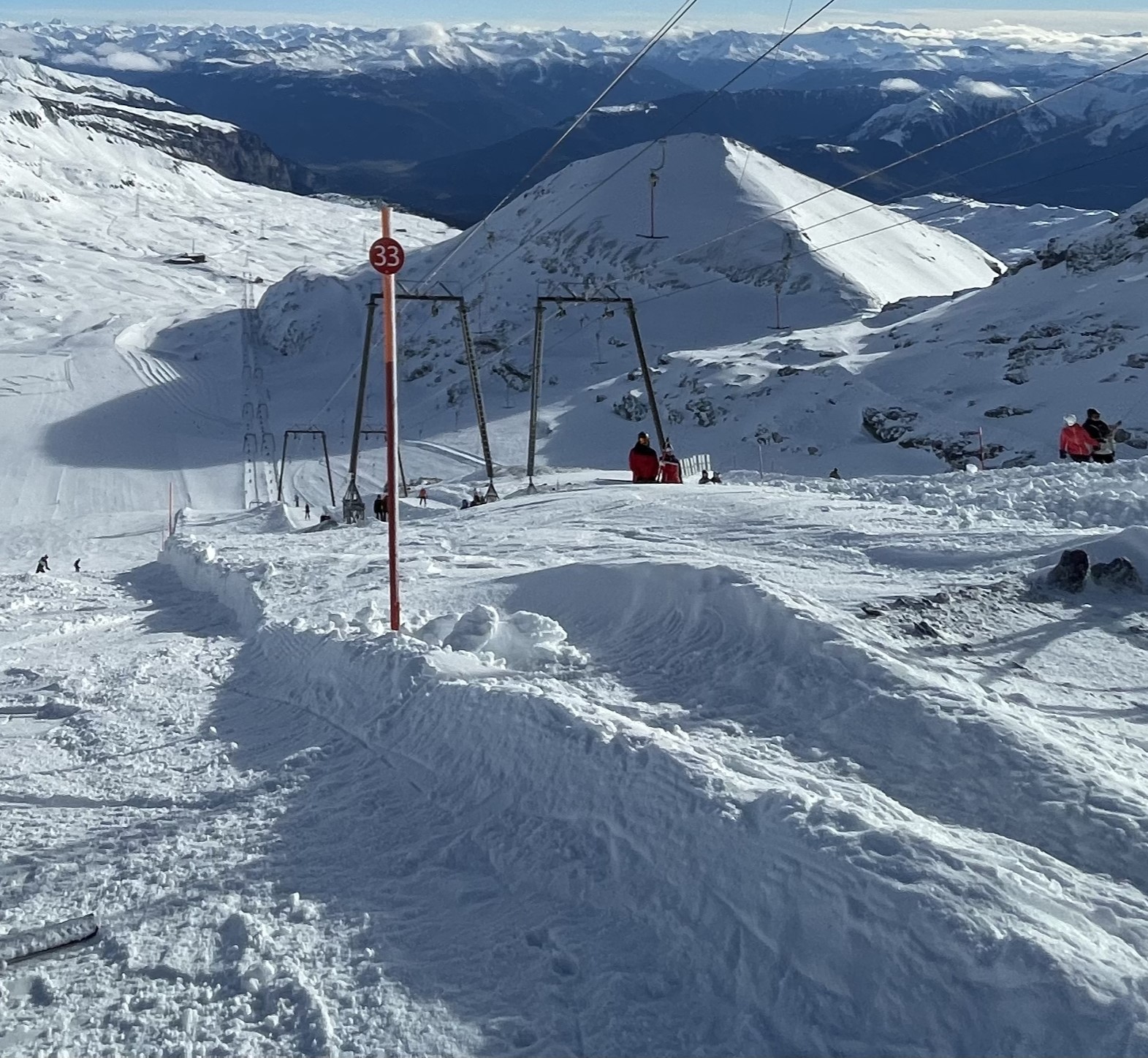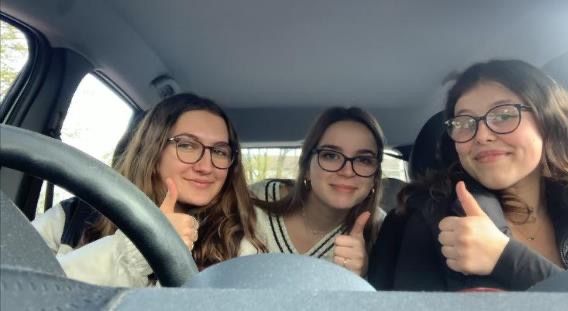Team with Alisha, Inês and Nina
After finishing our project we gave it to multiple people to review.
Leonie said: „It is a really interesting topic. You collected relevant information and I was able to learn some new things. It was well structured and easy to understand and comprehend. The survey gives the project a personal touch and a way to relate instead of only reading passively.“
We also had Alisha‘s mother read and correct our grammatical mistakes, since her first language is english.

Have you always wanted to know more about wind power?
Then check out our article about wind power in Switzerland and India!
https://dontwastemy.energy/2023/05/23/wind-power-in-the-local-area/
By Luisa and Belinda

Will ski slopes still look like this in the future? Go find it out via the following link!
{Link}

After finishing our project we think that we achieved our goals and did everything we aspired to do. We gained knowledge on CO2 emissions and what we can do to help. As a team we worked really well together and also changed our own behaviours. We think that some of the people who filled out our survey will change their behaviour to reduce their daily CO2. Overall we are really happy with the outcome of our final contribution and we would love if you would take the time to take a look at it: (insert link)
At the beginning of this project we didn't know that large image files are bad for the environment. We also learned a lot about animal rights. It was interesting to visit a local farm and also interview several people from a farm and animal welfare organisations.
We suggest that we pay attention to what we buy and buy meat wisely. Public awareness of improvements in livestock welfare should be pushed forward, like the motto "Do good and talk about it". It is to be hoped that the EU and the USA will take the Swiss animal protection as an example. If everyone did this, all living beings and nature would be a little better off. Quality comes before quantity. It's never too late to start.
Ella Zingg and Michelle Weber
While thinking back on our work for the project, we came to the decision that we already knew quite a lot about the subject at the beginning, for example, that artificial snow is very expensive and that it will be used more and more as time goes on. What we were not aware of, however, was the impact that artificial snow has on the environment. For example, a meadow is strongly changed by the artificial snow, because much more water melts towards the end of the winter and thus displaces plants that rather prefer the dryness.
Stay tuned for our final contribution!
Team with Alisha, Inês and Nina
After finishing our project we have reflected on everything and compared our conclusions to our vision and imagination we did in the beginning. More...
Team with Alisha, Inês and Nina
We took some pictures of the things we do for reducing daily CO2 to add to our final contribution: More...
Due to privacy concerns, we as a team have decided to not publish any picture of the team members.
We hope that this is acceptable.
Animal Welfare Team
Hello everyone,
Due to privacy concerns, we as a team have decided not to publish any pictures of either ourselves or our interview partner.
We hope you agree with this.
Ski-resort team
Reducing daily Co2 emissions
CO2 emissions are a constant topic of conversation in our day and age. As a world, we know that we must reduce our CO2 emissions, and that we have to do it quickly. But how can that be achieved? We asked ourselves that very question: "How can we reduce our daily CO2 emissions and motivate other people to do the same?"
Our idea:
Everyone creates CO2 emissions and it is a huge undertaking to minimise these emissions. For this reason, we wanted to focus on daily CO2 emissions in our project. During a brainstorming session we found ourselves facing some of the following questions: "What exactly are CO2 emissions? How do we create CO2 emissions in our daily lives? Is there a way to reduce our daily CO2 emissions?" With these questions in mind we started researching and found small and easy changes that everyone can make to reduce their own daily CO2 emissions. More...